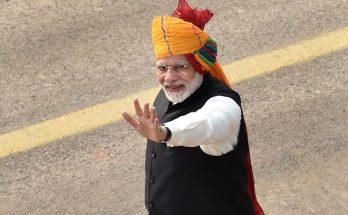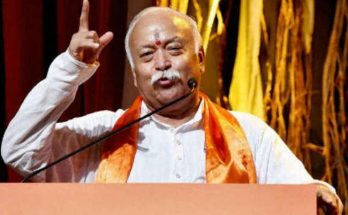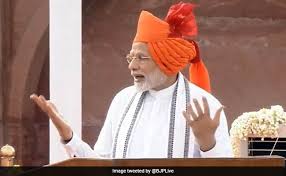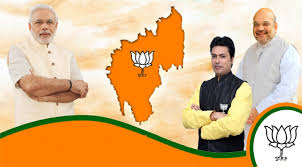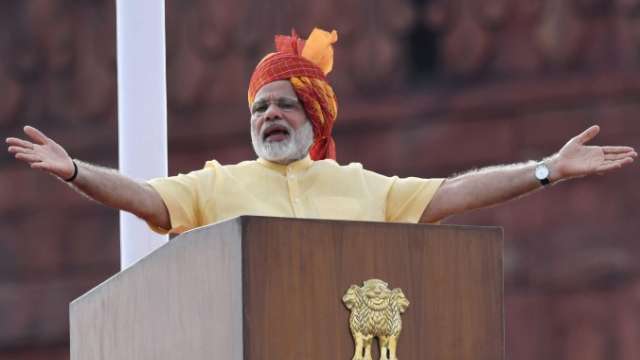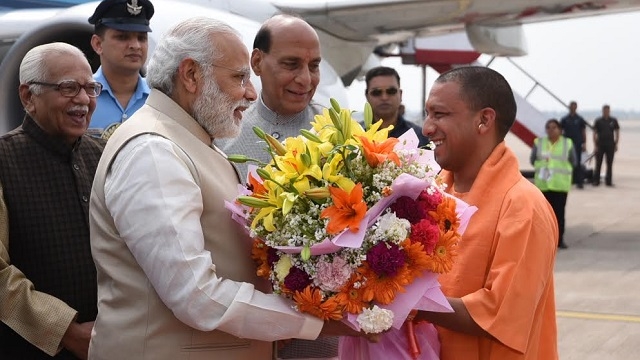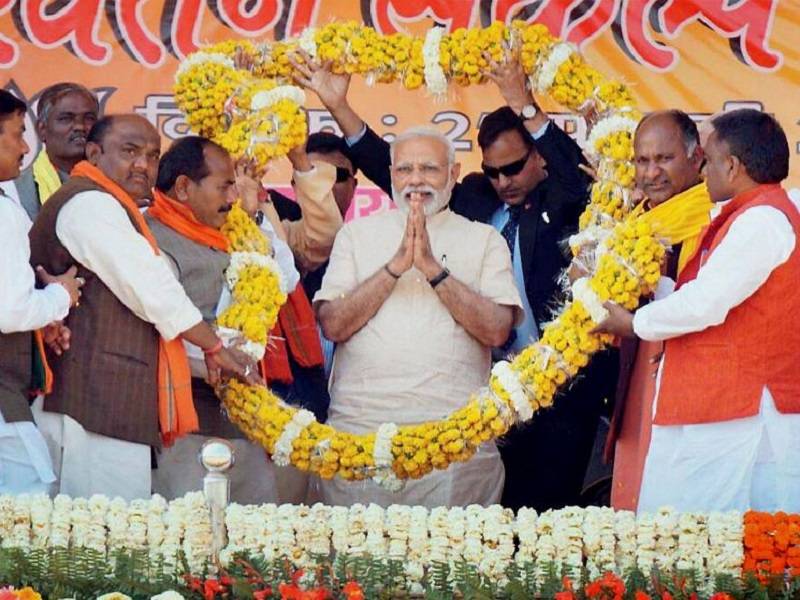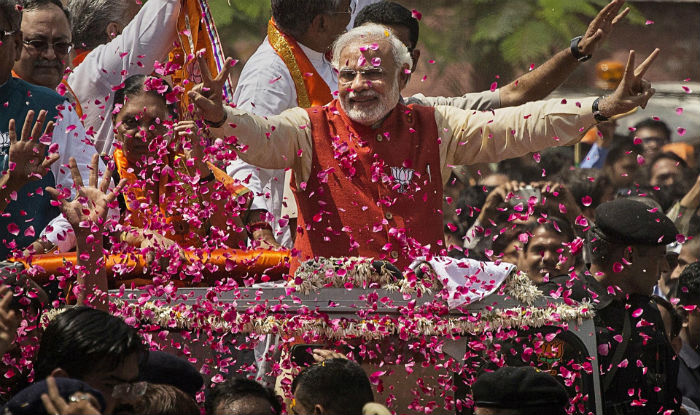Unveiling his soaring vision of creating a “New India” by 2022, India’s Prime Minister Narendra Modi has exhorted 1.25 billion Indians to seize the opportunity to fashion a strong nation, in which everyone is equal. Addressing the nation from the ramparts of the Red Fort on India’s 71st Independence Day, PM Modi spoke about the culture of honesty in the country and India’s rising global stature.
Highlights of PM Modi’s Independence Day speech
We have to take the country ahead with the determination of creating a ‘New India’
In our nation, there is no one big or small…everybody is equal. Together we can bring a positive change in the nation
We need the same determination as we did in the five years between 1942 and 1947. It is with that passion that we need to take India forward…
1st January 2018 will not be an ordinary day- those born in this century will start turning 18. They are Bhagya Vidhatas of our nation
We have to leave this ‘Chalta Hai’ attitude. We have to think of ‘Badal Sakta Hai’- this attitude will help us as a nation
India’s security is our priority
Those who have looted the nation and looted the poor are not able to sleep peacefully today
GST has shown the spirit of cooperative federalism. The nation has come together to support GST & the role of technology has also helped
Read More


